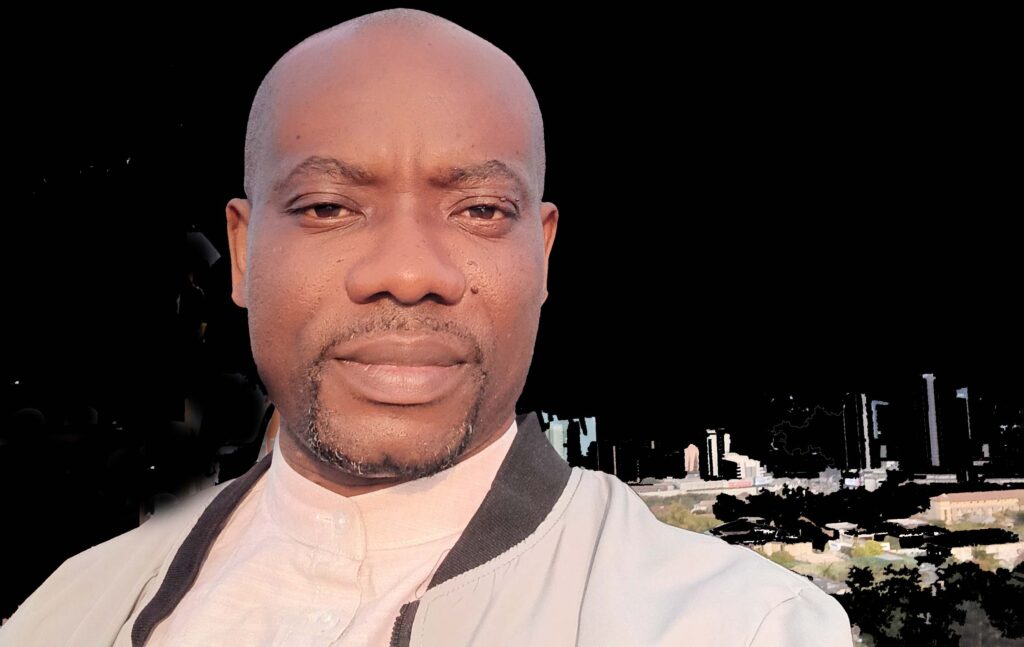South Africa
![]()
“Few people understand how the brain and nervous system work, and the risks to brain health,” said Dr. Dwiremi Kris Ajonijebu, a behavioral neuroscientist at Nelson Mandela University’s Department of Human Physiology. “That’s why the neuroscience community speaks for this.” University in Gebela, South Africa.
On October 6, Mr. Ajonijebu was elected by the International Brain Research Organization (IBRO) Board of Directors in Chicago, USA, as a new member of the IBRO Africa Regional Committee (ARC) starting in January 2025. IBRO is the world’s leading neuroscience association. It is comprised of five regional committees, specifically Africa, Asia-Pacific, Pan-Europe, Latin America, and the United States/Canada.
Through its regional committees, IBRO promotes and supports all areas of neuroscience, with a primary focus on the brain and nervous system, their structure, development, function, and mechanisms of degeneration. IBRO achieves this through neuroscience education, research, training programs, and advocacy.
More research needed in Africa
“Every system in the body is connected to the brain, which is a very complex organ,” said Adjonijebu, who joined Nelson Mandela University in 2019 and started a neuroscience research team. “We are hosting online seminars with prominent neuroscientists.” For researchers in Africa and beyond, we will raise awareness about the importance of brain health and help graduate students and budding neuroscience researchers. provides a platform for researchers to communicate their research findings and share innovative ideas. ”
In Africa, there is a critical need for further research into the brain and neurocognitive disorders facing this continent. “My ultimate goal of gaining a deeper understanding of how the disease affects the brain is to improve outcomes for infected people,” he says.
“Two areas of my research focus on major neurocognitive disorders in Africa. It is a blood and brain disease called trypanosomiasis (HAT), which is very common in sub-Saharan Africa, where the tsetse fly occurs.
When it comes to African trypanosomiasis, most researchers look at the blood, but the effects on brain function are crucial, Adjonijebu said. Symptoms include decreased memory function and anxiety-related behaviors. Once the parasite crosses the blood-brain barrier, it is poorly understood whether the damage can be reversed. Currently available treatments are expensive, have severe side effects, and are prone to drug resistance and relapse.
Focus on substance abuse, cognitive impairment
Nelson Mandela University’s Ajonijebu research team, in collaboration with the National Veterinary Research Institute and the Nigerian Institute of Trypanosomiasis Research, is working to fill the knowledge gap and explore the use of highly affordable prostacyclin with anti-inflammatory properties. We are working to determine if symptoms can be improved. Cognitive damage associated with it.
Regarding drug abuse, he said, “We know that long-term exposure to cannabis and other drugs impairs the dopamine reward pathway in the brain, so each time people want to get ‘high,’ they produce more. of drugs,” Mr. Adjonijebu said. He explained. “Together with Professor William Daniels from Wits University (University of the Witwatersrand) and one of my PhD students, Moussa Aminu, we are exploring the neurobiology underlying cannabis use disorder and its co-occurring psychiatric disorders. Our focus includes analyzing the role of selected microRNAs and exploring their therapeutic potential for treatment.”
In addition to research, research leadership and development, Ajonijebu is committed to increasing community awareness of the brain and is an active participant in several regional neuroscience societies in southern Africa. He was part of the organizing committee of the Southern African Neuroscience Society (SANS) which hosted a highly successful regional neuroscience symposium in Umhlanga, KwaZulu-Natal in July 2024.
In recognition of his leadership, SANS nominated him as the candidate for SADC Regional Representative on the IBRO-ARC Committee, leading to his subsequent appointment. This puts him in a strong position to advocate for a sharp increase in policy support and impactful brain research in Africa. “We want to save lives, reduce the burden on the health care system, and promote brain health,” he said.



